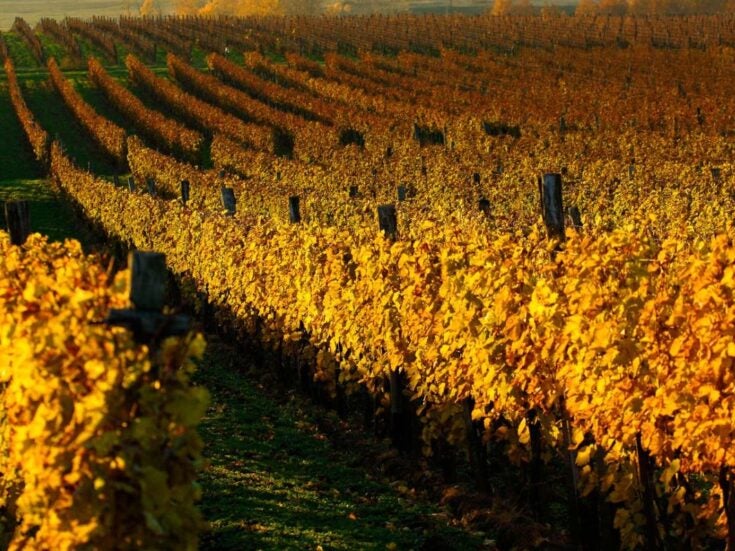Readers of Spear’s may recall a cover from 2011 by Jerwood Prize-winner Adam Dant which alluded to the Arab Spring by reimagining one of the Royal Collection’s most iconic Orientalist paintings, David Roberts’ A View in Cairo (1840), which Dant wittily updated into the 21st century.
Readers of Spear’s may recall a cover from 2011 by Jerwood Prize-winner Adam Dant which alluded to the Arab Spring by reimagining one of the Royal Collection’s most iconic Orientalist paintings, David Roberts’ A View in Cairo (1840), which Dant wittily updated into the 21st century. Various Arab figures around the medina were seen reading Spear’s on iPads, also referencing A Gathering Around the Morning News, Cairo (1885) by Ludwig Deutsch.
Dant’s point is about the importance of Western technology and media communication in today’s increasingly tense and fragile dialogue between East and West. While Facebook, Twitter and other forms of digital social media were widely credited with facilitating the uprisings, the aftermath of the iRevolution — a year or so on — has not necessarily made the Arab world a better, more democratic or less brittle place.
Moreover, instead of a more sophisticated and better educated understanding of the politics of the Arab world, media coverage (especially US) of the Middle East is still often reduced to black and white caricature. That is why the timing of Egyptian businessman and philanthropist Shafik Gabr’s one day seminar, ‘East-West: The Art of Dialogue’, at the Dorchester on 15 November, just as war was breaking out in Gaza, was so timely.
The idea was to launch a major new cultural exchange initiative between the Arab world and the West with ‘emerging leaders’ aged 24-30 from the worlds of law, media and business, as well as young artists and curators, being given cultural exchange scholarships to collaborate and get to know each side through travel, debate and academic study.
The aim is to create ‘better bridges of understanding’ between East and West. In many ways these new Gabr Fellows will be like a 21st century East-West incarnation of the Rhodes Scholarship programme, founded in 1902 by Cecil Rhodes as an academic passport to open doors to almost any future career (including US president in Bill Clinton’s case). Scholarships are awarded with the aim of encouraging ‘moral force of character and instincts to lead, and to take an interest in one’s fellow beings’.
Mr Gabr’s foundation is supplying the multimillion-pound funding for the Gabr Fellows whom he hopes will become a new breed of East-West intellectual ambassadors.
The opening session began with a conversation between Tony Blair and Shafik Gabr, with the former prime minister turned jet-setting Middle Eastern envoy saying, ‘I think this concept of cultural exchange is really important. You can’t understand some of these issues unless you understand the different cultural perceptions.’
What I really like about this bold initiative, however, is not so much the Davos-style talk of creating a new diplomatic class of young global leaders but the fact that Mr Gabr believes that great art is a more powerful weapon of cultural diplomacy than any corps of political ambassadors.
HANGING UP IN the ballroom of the Dorchester were just a small selection of 26 pictures from Mr Gabr’s vast art collection (the 475-page museum-like book catalogue, Masterpieces of Orientalist Art, was for sale at £120). But Mr Gabr is surely right about the power of art, especially when he has the insight to call the Orientalist traveller-artists ‘the early globalists’.
At the Dorchester he explained that the 18th and 19th century artists he collects ‘demonstrated through first-hand portrayals of the Arab world the power of close observation to transcend stereotypes and engender empathy and informed understanding’. Yes, the travel was hard and painting conditions were very difficult, but they were ‘true communicators’.
In Gabr’s view, they were not dilettante armchair painters — they were artists who altered the Western perception of the East and got to understand the culture, with many even learning the language.
This is something that he wants to also encourage with his Gabr Fellows — although judging by the quality of the exquisite champagne, Arab food and French wine served at the Dorchester during dinner, the young Gabr Fellows travelling to the Arab world will doubtless be staying in considerable more comfort than the souk hammocks of their 19th century artist forebears.
History is on Mr Gabr’s side as artists have so often proved to be more prescient, intelligent and useful than politicians as cultural and social revolutionaries or even peace envoys. Before the Velvet Revolution in Prague, Václav Havel was a playwright first and politician second.
The brave and original tribe of European and American traveller-artists like David Roberts or Jean-Léon Gérôme who travelled to the Middle East in the 19th century were pioneers and radicals who did more to promote the idea of new East-West understanding than any diplomat — and they were equipped only with an easel, oils and a set of paintbrushes. We can learn from them.






